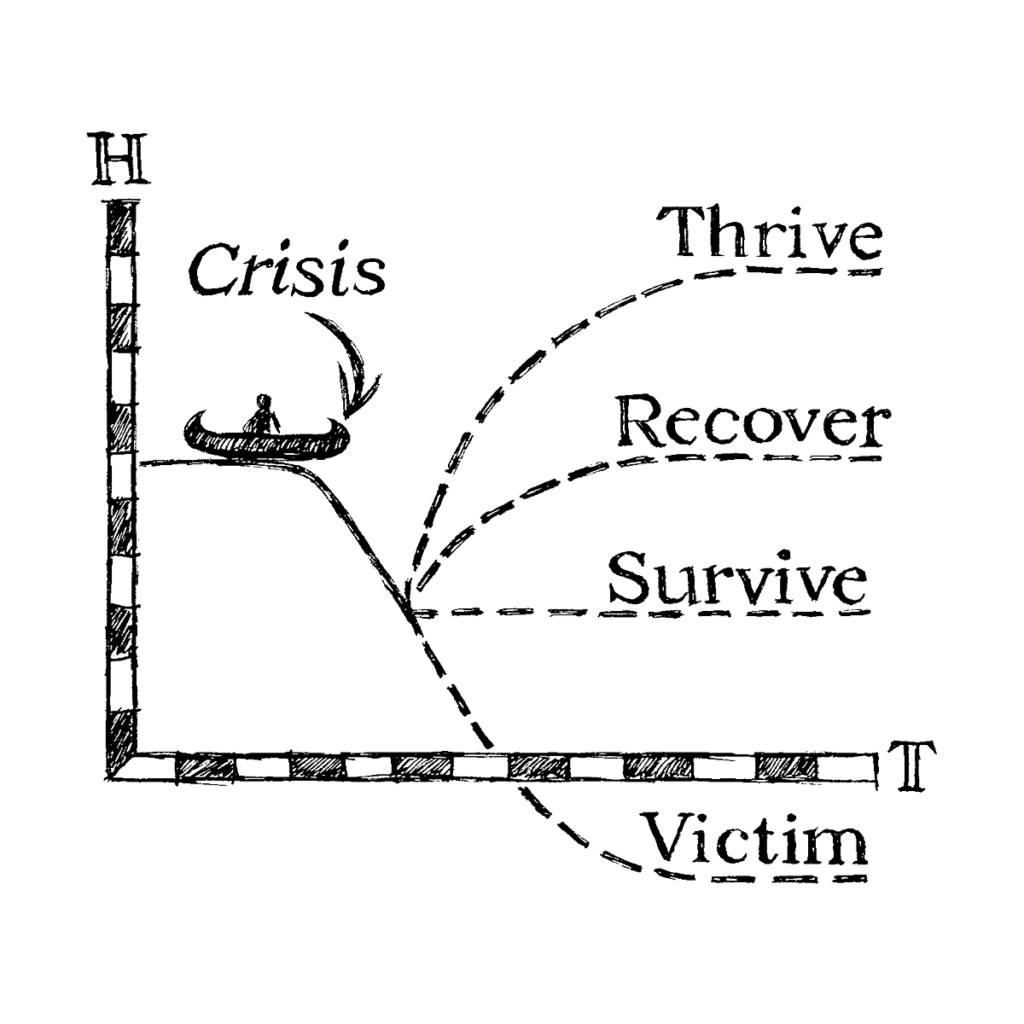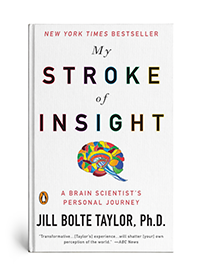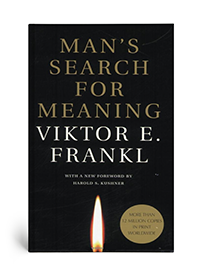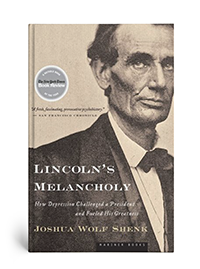Friends,
Welcome to my third newsletter. In this one I want to share thoughts on how to deal with setbacks in life, or how one might develop greater grit or resilience.
There are four possibilities when we face a crisis or setback. We can become a victim, we can survive, we can recover or we can thrive and experience what psychologists refer to posttraumatic growth (PTG). Having emerged from my own setbacks at times having made myself a victim and at other times thriving, perhaps I can speak with some authority. My hope is that this provides ideas on how to thrive.

The things that really hurt in life spare no one. We all experience painful setbacks in life. No one lives a charmed life. So, perhaps the first step in better dealing with setbacks, is to form a somewhat different perspective on setbacks than most of us carry. We tend to view events as either favorable or unfavorable. Maybe in the short term this works, but longer term, we may not be very good at predicting the outcome of the things we view as setbacks. My guess is that each of us looks back at certain setbacks and can see how they have made our lives better. The high school sweetheart who broke up with you and you see at your high school reunion, the lost job, the house you wanted to buy but failed to get … these often lead to far better places.
The times that really test us are just as much a part of life as the good times. In fact, we wouldn’t know the good times without the bad times, just as we wouldn’t know up without down, light without darkness. Good times and bad times are just part of the complex web of life. We can’t have the joy of reunion without the pain of farewell, the joy of forgiveness without the pain of remorse or anger. There is no straight line in nature. Life for everyone and everything is a series of periods of stability followed by periods of instability. In nature a leaf falls, an egg cracks, a seed blossoms … there is no stopping this vacillation.
These periods of instability are full of opportunities to learn and grow. Setbacks often make us stronger, give us a deeper perspective, make us more self-confident, more resilient. Often the tragedy is not the setback, but the failure to capitalize on the opportunity it presents us. So, the question before us today is how do we move through these periods of instability, to move through the setbacks we all experience?
Here are 10 ideas to help one successfully move through setbacks:
- Expect and accept chaos … it is part of the process. You simply can’t escape the discombobulation that comes with transitions. Rather than agonizing about the confusion, seek to relish the discovery, the hidden pathways you discover and the new emerging perspective that often comes out of the chaos.
- Don’t try to rush through the crisis and don’t judge it as fair or unfair, even perhaps good or bad. Transitions take time, it is when things are incubating, and you can’t predict how things might unfold. It could be a doorway to an even better future.
- See it not as the ending of what is supposed to be, but perhaps the beginning of what was meant to be. Realize that the life we planned may not be half as beautiful as the life that was meant to be.
- Realize this too shall pass and you are not the Lone Ranger. Nothing last forever and everyone goes through crisis. Seek out others who have gone through similar transitions successfully and gain their insight.
- Dig no holes … at least no deep holes. If you are smoking a pack of cigarettes a day, stop. If you are breaking major commitments to others, stop. Be sure your actions aren’t making the situation worse.
- Continue to care for and connect with self. Often when challenged, we stop doing the very things which have kept us centered. If you have been exercising regularly, eating well, getting enough sleep, be sure to keep these routines as you head through a transition.
- Control the bleeding so one part of your life doesn’t screw up the other parts. Don’t let a challenge at work disrupt your family life and vice versa.
- Find purpose in the crisis … the pony in the manure. It is often said that everything happens for a purpose. Not sure this is true. I think crap happens. It is our job, perhaps with God’s help, to find the meaning and purpose in setbacks. Having purpose makes us more resilient. Viktor Frankl has an equation that is relevant to this. He suggests that Despair = Suffering – Meaning. Despair is reduced to the degree we find meaning in the suffering.
- Consider how it could have been worse. Seems strange, right? This is from Option B by Sheryl Sandberg. Her point is that what you are looking for is a sense of gratitude, not a single jolt of happiness. When her husband died of heart failure while exercising on a treadmill, she eventually came to realize he could have died while he was driving their two children to school and she could have lost her whole family.
- Practice the 13 Skills of Flourishing. Each of the 13 skills I have written about previously leads to greater resilience in the face of setbacks.
So how do you know if you or someone else is thriving or playing the role of a victim? It’s not hard. Those that thrive always emerge with a redemptive story. Its a story that goes something like this: “This happened to me, but you know, I learned and grew from it and as a result I’m in a better place.”
Want more on resilience? Click on the link below. It leads to the entire chapter on Resilience, part of a handout I will be using for a program at Life Enhancement Center at Canyon Ranch in February entitled: Flourishing in the Second Half of Life.
Happy holidays to all.
Be well … be joyful.

–Douglas. A. Smith
“When we are no longer able to change our situation, we are challenged to change ourselves.”
–Viktor Frankl
From the bookshelf!
Books I am reading and highly recommend.



